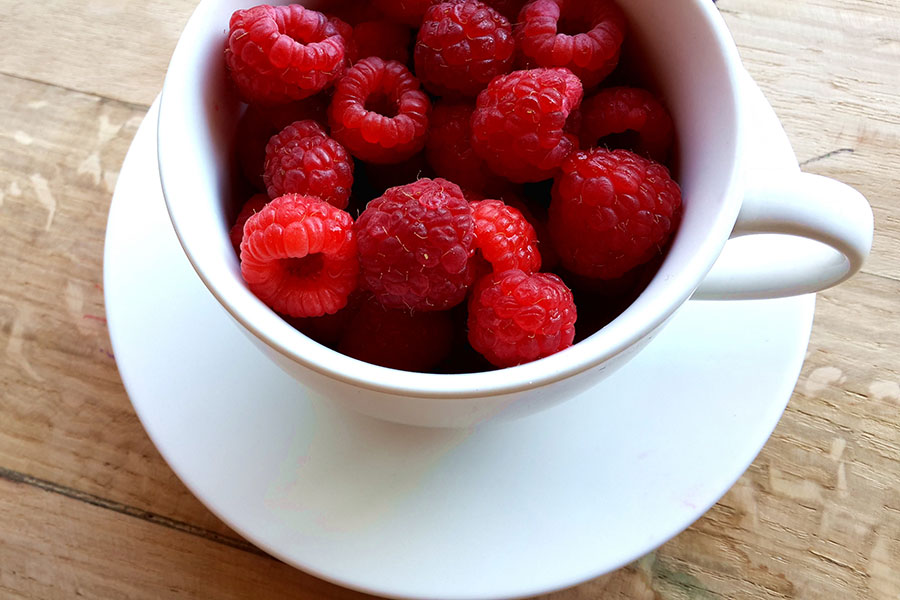Nutritional supplements for training and playing padel
Usually, by following a healthy and balanced diet, your body gets all the vitamins and minerals it needs to be strong and healthy. However, with regular exercise and training, a good diet may not be enough, in which case you will need supplements to fulfil your body’s needs.
What are nutritional supplements for?
You must understand very clearly that supplements are not a substitute for a healthy diet. Just because an athlete consumes this type of product does not mean that they should neglect their diet, but rather the opposite. Nutritional supplements are only meant to help you get the nutrients that your body is lacking and that you need to be strong and healthy. They are a supplement, not a replacement. In addition, amounts should always be noted by your doctor.
There are numerous studies that show that supplements help improve an athlete’s training, recovery and performance.

What do supplements provide in your workouts?
This type of product provides the body with micronutrients (vitamins and minerals) that control and regulate metabolism. Anyone, athlete or not, needs these elements or may suffer from health problems.
minerals
When, despite a healthy and varied diet, your body lacks calcium, iron, zinc or magnesium, you can resort to supplements.
Calcium is needed to keep bones strong, iron is needed to transport oxygen and enhance athletic performance, zinc helps regenerate muscle damage and alters lactic acid build-up, and magnesium helps muscles relax as the heart works properly
Electrolytes (sodium, chlorine and potassium) are also very important. Lack of electrolytes can cause muscle cramps, weakness and apathy. In case the body is under one of these electrolytes, you can also resort to nutritional supplements.
Vitamins
Apart from the above minerals, the body needs vitamins. Vitamin B gives you energy, helps your heart function well and reduces fatigue. Vitamin A, meanwhile, helps in iron metabolism. C, in turn, makes bones and cartilage healthy and strong, and strengthens the immune system. Vitamin D is key to normal muscle function.
Other nutrients
While minerals and vitamins are always talked about, supplements can boost other elements such as L-carnitine and coenzyme Q10, or provide carbohydrates, proteins or amino acids.
Taking L-carnitine supplements before a high-intensity workout can aid in later recovery and even reduce stiffness. And Coenzyme Q10 can improve physical performance, especially in aerobic exercise and padel play, it also has antioxidant effects and aids in lipid metabolism.
Carbohydrate-based supplements serve to give extra energy to the body, while proteins or amino acids help muscles recover faster.
Who might need nutritional supplements?
Athletes aren’t the only people who may need supplements at some point. Older people often lack vitamins, while women of childbearing age often need iron supplements, and pregnant women, in addition, also need calcium or folic acid. Children may also have some deficiencies, especially iron and vitamins. Even vegetarians and vegans, although they have a very clear diet, may need to supplement vitamin B12 and iron, which are nutrients of animal origin.
In any case, supplementation should be monitored by a health professional because an excess of a nutrient can be just as harmful as a deficiency.
